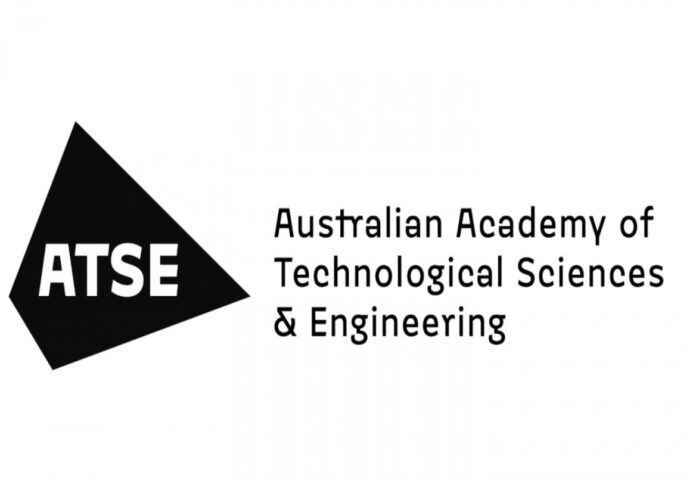
The Australian Academy of Technological Sciences and Engineering (ATSE) has lauded the National Electric Vehicle (EV) Strategy unveiled today as an important step toward establishing Australia as a major player in the global electric vehicle (EV) market.
The academy supports the implementation of fuel efficiency requirements to lower EV costs and encourage national adoption, as revealed in a news release.
ATSE emphasised that making EVs available and cheap to all Australians is critical to meeting the country’s climate change objectives for 2030 and 2050.
“The establishment of national standards for EV charging infrastructure, underpinned by the enormous opportunity to leverage technological solutions, like energy storage, and optimisation of EV charging, will help ensure energy grid resilience and uptake,” the ATSE statement reads.
The academy also applauded the government’s focus on EV end-of-life waste and investment in research into safe and environmentally friendly component recycle and re-use.
Second-hand markets for EVs, on the other hand, are in their infancy, and additional legislative support is required to create these markets.
Expansion and regulation of second-hand markets will assist lower the cost of EVs, making them more affordable to more Australians, ATSE stated.
The academy added that Australia is well-positioned to capitalise on the EV opportunity with abundant critical mineral wealth, strong capacity to generate and store renewable energy and world-class battery research.
“As we transition to net zero, Australia can become a global superpower in green energy technology, manufacturing and infrastructure, accelerated by global adoption of EVs and renewable energy sources,” noted ATSE.
The academy concluded with the following recommendations: improve charging infrastructure; optimise charging practices to ensure reliable electricity supply; and use more digital technologies to help reduce environmental impact and improve EV production efficiency.
“To build a sector that is capable of competing on the world stage at the scale we believe is possible – and to meet the huge demand for EVs – we must also unlock the potential of a future Australian car manufacturing workforce through up-skilling and retraining,” ATSE stated.


















